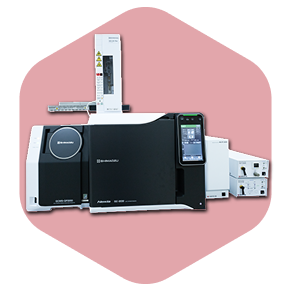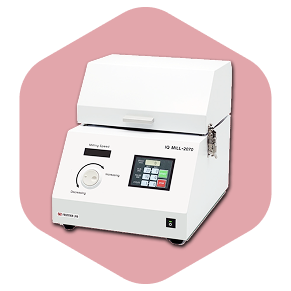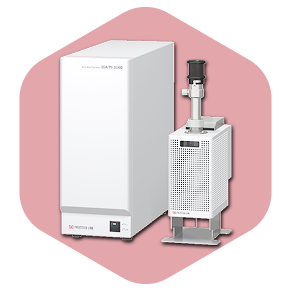
The Centre of Excellence in Analytical Pyrolysis (CoE-AnPy) is a central facility of Somaiya vidyavihar University dedicated to exploring and exploiting the knowledge of thermal degradation of polymers, natural synthetic as well as and molecular level characterization of structure and composition of polymers.
The CoE houses a Frontier Lab, Japan Analytical Pyrolysis unit coupled with a state of the art Shimadzu GC-MS and is envisaged as a collaborative initiative of three partners, Frontier Labs, Japan, Shimadzu, Japan and Somaiya Vidyavihar Univeristy, Mumbia, India.
The CoE will undertake research on polymer structure and composition, degradation mechanisms, nature of additives and impurities in polymers as well as probing compositional and structural changes in end-of- life and after-life polymers.

The mission of the CoE is to foster innovation in sustainable polymer research in partnership with academic and industrial research laboratories.
Py-GCMS has been widely employed across various industries for analysis of polymers and additives. The analytical tool is used for QA / QC by industries dealing with plastcs, rubbers / tyres, paints & coatings, speciality chemicals (ink, dyes, textile chemicals), automotive industries, forensic analysis, 3D printing, and environmental analysis (micro-plastics).

M/s Frontier Labs, Japan is the leading manufacturer of Analytical Pyrolysis hardware and command a significant global market share. M/s Frontier Labs and Somaiya Vidyavihar university, entered into an MoU on 18th June 2024 (attached) whereby M/s Frontier Lab, Japan agreed to donate Analytical Pyrolysis hardware complete with all accessories, free of cost to SVU and help set up the facility as well as train the staff of SVU in the operation of the facility. Furthermore in the course two seminars conducted by M/s Frontier Labs in SVU in March and December 2024, the faculty of SVU were exposed to the distinctive features of the hardware, the analytical capabilities and case studies of analysis with specific reference to synthetic polymers.

Explore and expand analytical pyrolysis as a tool for advancingsustainability goals of synthetic and natural polymers





A Scientific Advisory Committee (SAC) is proposed to be constituted to advice and guide the research, teaching and outreach activities of CoE on Analytical Pyrolysis. The following members are proposed as the external members of the SAC.
Professor of Eminence SVU & Honorary Professor Emeritus and INSA Emeritus Scientist, Indian Institute of Science Education and Research, Pune and Kolkata, Chair,
Department of Chemical Engineering,
Indian Institute of Technology, Madras
Department of Earth Sciences,
Indian Institute of Science Education and Research, Kolkata
Vice-President (Retd), Agilent Inc. & President,
Chromatographic Society of India
Regional Technical Marketing Manager Frontier Laboratories Ltd. Singapore
Sr. Manager, Pidilite Industries Limited, Mumbai
R&D, Sr. Manager - Raw Material development, Sustainability & material laboratory at CEAT TYRES LTD.
The Vice Chancellor, SVU
SciSER, SVU
Director, SIRAC, SVU
Dean, Faculty of science
Department of Polymer Science,
Department of Environmental Sciences,
Assistant Professor, Dept. of Polymer Science, SVU & Centre Coordinator (Convenor)